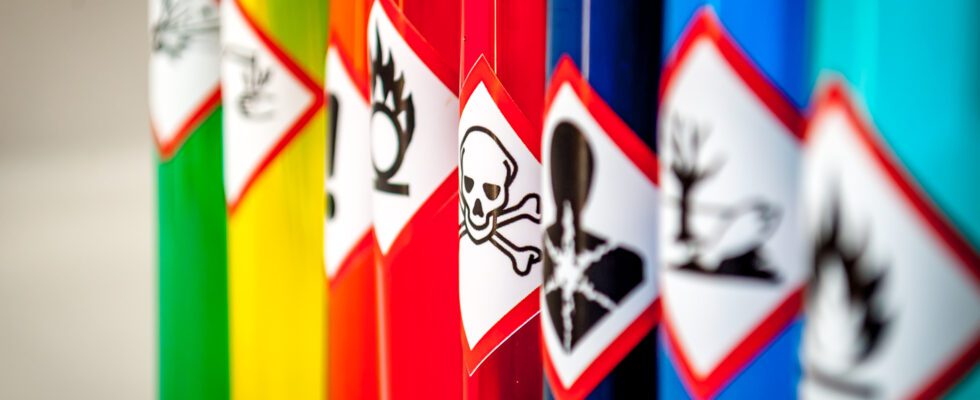The Europol agency explained how many countries, including France, have collaborated to restrict access to information online about how chemical weapons can be made.
As part of its mission to fight against different forms of crime, the European criminal police agency Europol announced that it had carried out a large-scale action on 21 February targeting the misuse of extremely dangerous chemicals by groups terrorists. This operation took place directly from the agency’s headquarters in The Hague.
Investigators scoured the web and dark web for chemical weapons ‘tutorials’
Under the impetus of Europol, the units specialized in the fight against terrorism from 17 countries, including France, Germany, the United Kingdom, Denmark, Spain, Portugal, Romania and the Republic Czech Republic, have worked closely with Europol to restrict access to instructions that can be found online.
The latter can indeed provide valuable information to malicious individuals on how high-risk chemicals can be used to manufacture weapons and carry out terrorist attacks.
To achieve this, investigators from Europol and the 17 national units spied the web and the dark web to identify all the propaganda and instructions on the use of dangerous chemicals and the toxic gases they can generate, especially on the forums.
Europol removes dozens of content from terrorist networks
The authorities, through their various investigations, ended up finding more than 120 pieces of content. They have asked 21 online service providers from Europe and the rest of the world to ensure that they are removed quickly so that they cannot be viewed anywhere.
The removed content was broadcast in five different languages and came from networks supporting terrorism. Europol evokes jihadist terrorist groups from different sides. The conclusions of this day will help to feed into the impact assessment currently produced by the European Commission on the current state of the threat on high-risk chemicals.
Source: Europol

2